The Chinese have a saying about the fortune of families and dynasties—wealth does not pass three generations. But according to EY, family businesses outlast most leading US companies on the S&P 500 index that have an average lifespan of only fifteen years. Their secret to longevity involves decades of institutional experience, readily- available wealth, and the adrenaline to survive market disruptions, world wars, even outbreaks in the name of protecting the family. Last October, we visited five homegrown family businesses expecting to see a generational divide of old and new ideas. We walked out learning simple yet distinct business values that defy generation gaps; timeless principles that guide each family to prosperity regardless the industrial age or the digital.
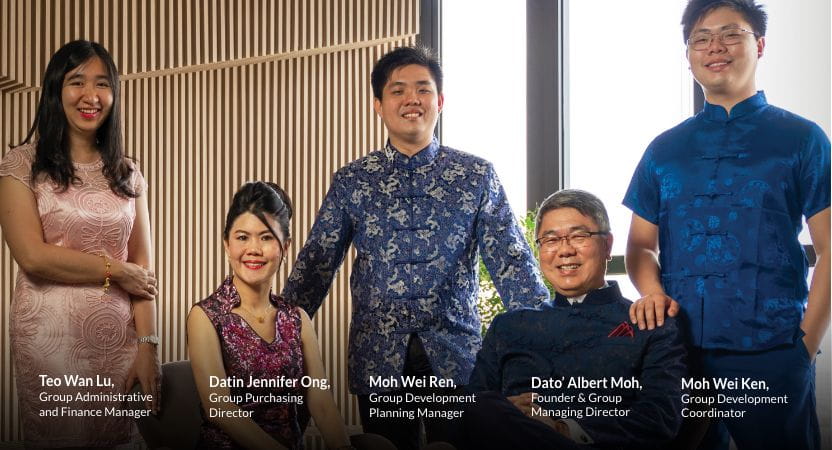
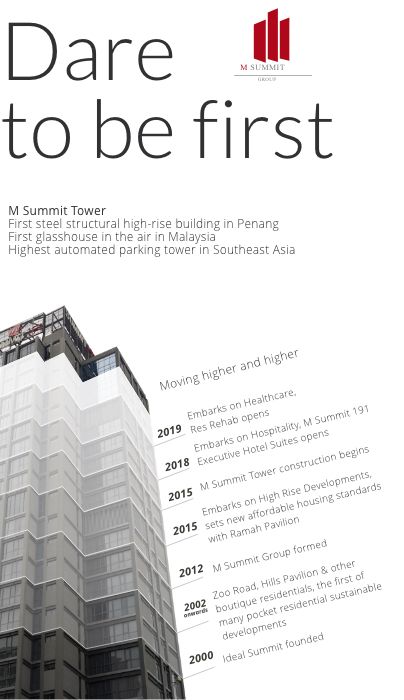
Being first is nothing new to the Moh family.
In the 2000s, they earned the reputation as a residential property developer which ‘embarks on ventures that others dare not try’. Founder Dato’ Albert Moh himself fashioned bungalows and houses around natural landscapes to maximise use of land, helping owners avoid the costs of renovations as well as material wastage and its impact on the environment. These early ideas of sustainable construction have proven to serve them well in their present-day ventures.
Wei Ren, Dato’s main man and eldest son, defines the M Summit business ethos with their three recent innovations: The M Summit tower, the first steel structural high-rise in Penang, the first glasshouse in the air event space called the Skye, and the highest automated parking tower in Southeast Asia.
The M Summit tower is built on prime zero-mile land— the very centre of the capital city George Town—where land is scarce and split into lots too small for any major building construction. Today, on a lot no larger than 5,000 square feet stands the three firsts of the Moh family empire. It also houses two other new ventures into the service industry: Hospitality, with the M Summit 191 Executive Hotel Suites; and Medical Tourism, with Res Rehab, a centre of non-invasive medical healing.
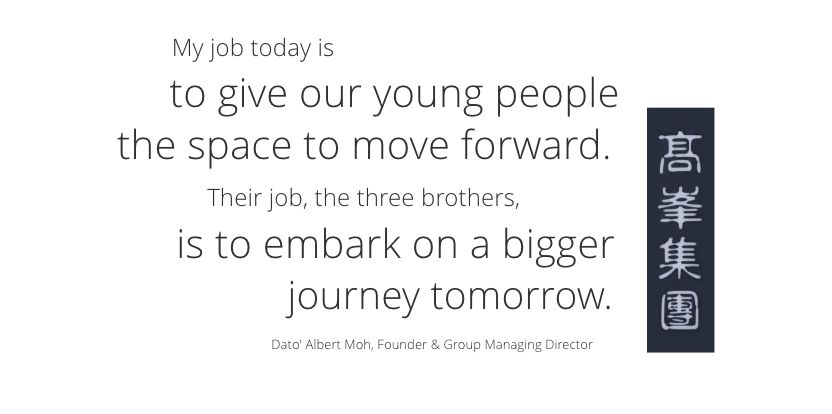
Dato’ Albert is also on a personal venture of his own—nurturing leaders.
Individuals who live the values and vision of the business are to him as important as family, not just employees. Therefore, he pays special attention to growing them into chief engineers and directors. Experts at EY recognise this trait as a distinguishing hallmark of family businesses. They tend to nurture both family members and external talent into high performers to secure the longevity of the business and the prosperity of successive generations.
‘To build to last, you must grow beyond family,’ Dato’ Albert says it as if he can see the future.
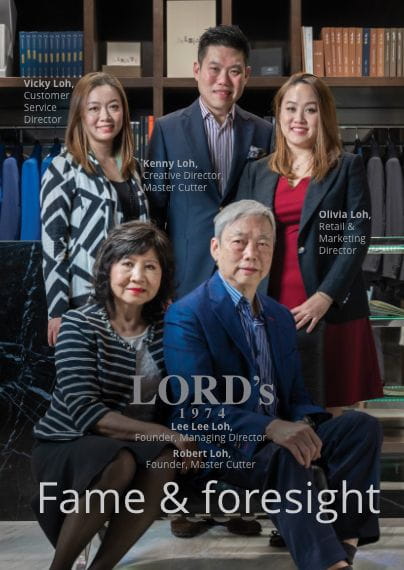
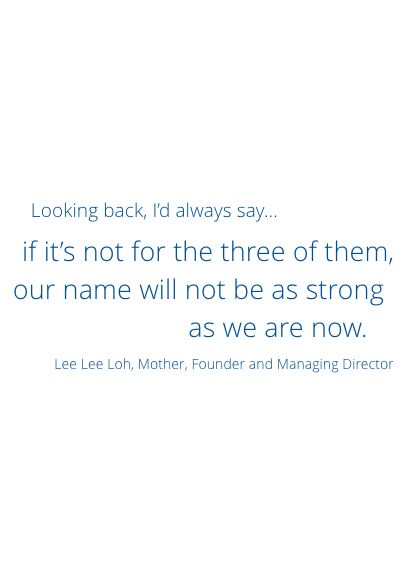
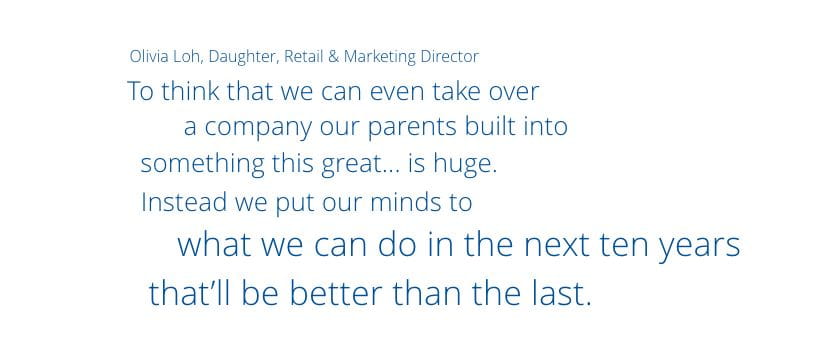
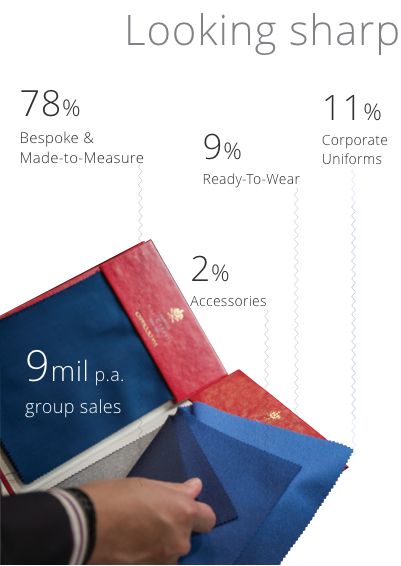
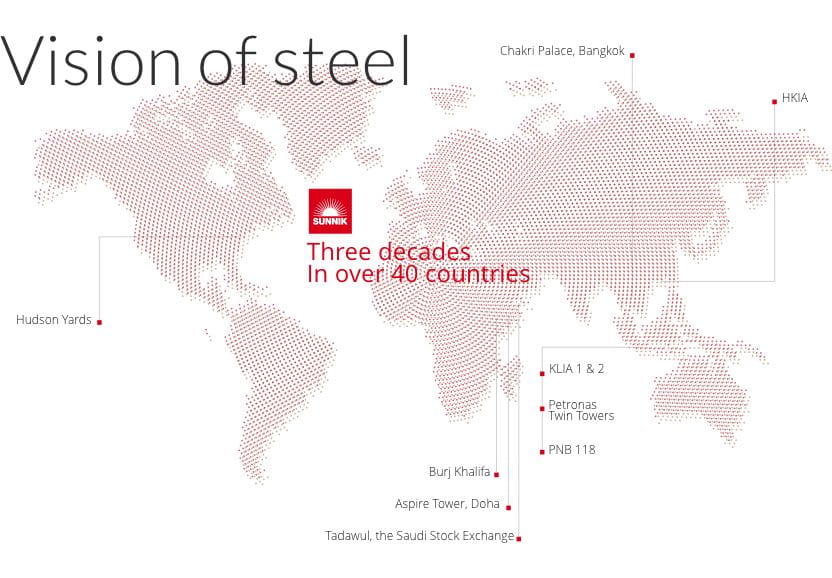
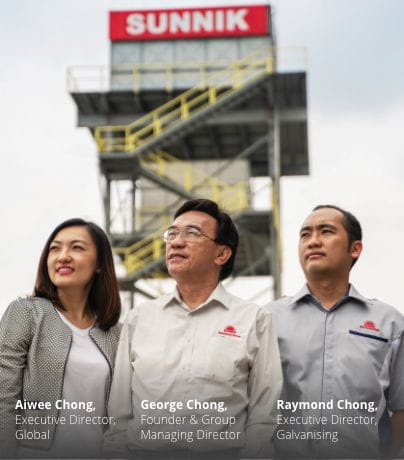
Few Malaysian companies can afford to provide customers a longer-term perspective than Sunnik. With 30 years of manufacturing experience behind the brand and a succession plan that’s worth 20 years of quality products and services into the future, it’s no wonder that George Chong’s product warranty carries weight.
His principle is entirely practical. For a manufacturer who supplies products to some of the world’s most iconic buildings, it has to make sure that its products can serve their lifespan.
Mr. Chong, the founder, is constantly thinking in decades.
Twenty years ago, Mr. Chong transformed his steelworks fabrication plant into a manufacturer and exporter of liquid containment modular tanks named Sunnik. Going modular was the key innovative idea, allowing for export and installation anywhere in the world. Today he is planning for the next twenty years. Once again, innovation will be a big part of it.
Son and successor Raymond Chong reveals, ’Technology will also solve labour issues,’ referring to the family’s recent factory visits to Japan where production workers are far less than management staff, and to South Korea where there’s an average of 631 industrial robots to 10,000 employees—eight-times the global average.
‘Only automation,’ Mr. Chong determines, can deliver the level of quality and efficiency that global customers and contractors demand. It’s all about securing the next new decades of business. Big plans have been lined up since the mid of 2019. They include a proposal for yet another iconic project in the UK, robotic process automation for the original plant, and purchases of new industrial property to expand production.
Thankfully, the advantage that family business models like Sunnik have is the ability to make fast decisions. Unlike normal organisations, it allows them to be responsive to new technologies, innovate with more control, and stay relevant on the global stage. The family structure also affords it the ability to make long-term commitments such as the Chongs’ succession plan. Clearly, their customers are thinking decades ahead too.
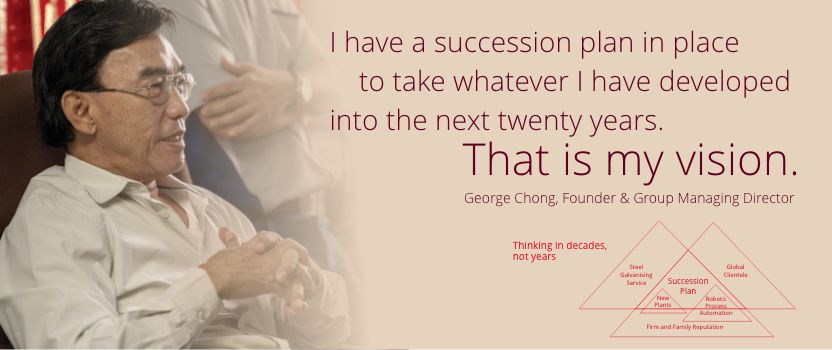
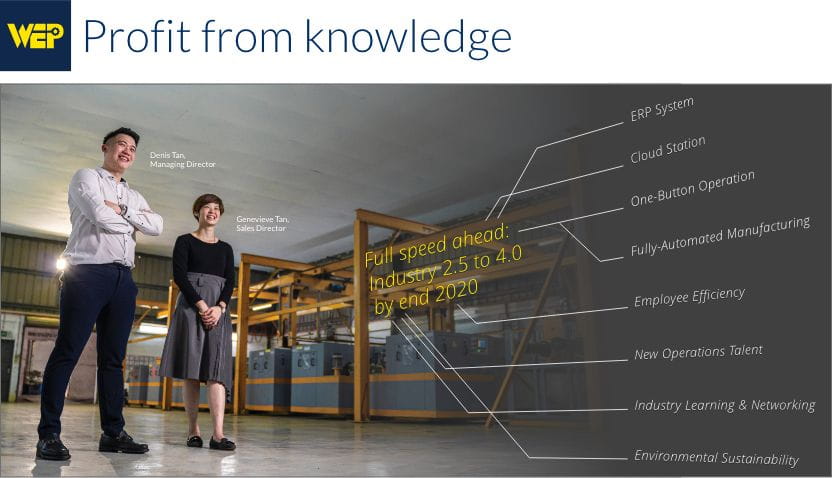

‘Actually, my role model is my father,’ said second - generation heir to the WEP family business Denis Tan-‘He used to say “What else is there that we don’t know?”’
His late father and founder stressed on the importance of technical knowledge, the key to the success of any industrial business. Those few words have inspired Denis till this day, driving him to learn all he can about gravure printing and profiting from the technology to produce at higher speeds and greater capacity. Today—despite having seven competitors with far more market experience—Denis, the youngest business owner in the fray, has secured the No. 3 position for WEP by market volume, thanks to its high product delivery speed. It’s been a feverish journey to success. And yet, he promises his customers that there will be more.
Denis started working on the shopfloor of his father’s factory from age 16. The entire family used to live above the factory, which means he practically grew up in the business. Growing up in his father’s work culture developed a passion in Denis that never takes a break. Just three days after graduating from college, he had started taking over the lead at WEP. The values that he picked up in his youth have also prepared him in spotting new ideas, and developed the courage and commitment required to make them a reality.
At this point, Denis Tan—the relentless tech-hungry 28-year old scion—seems very likely to bring WEP from Industry 2.5 to 4.0 by end 2020. Thanks to his father‘s early tutelage, it is his competitors who have little idea of who they’re up against.
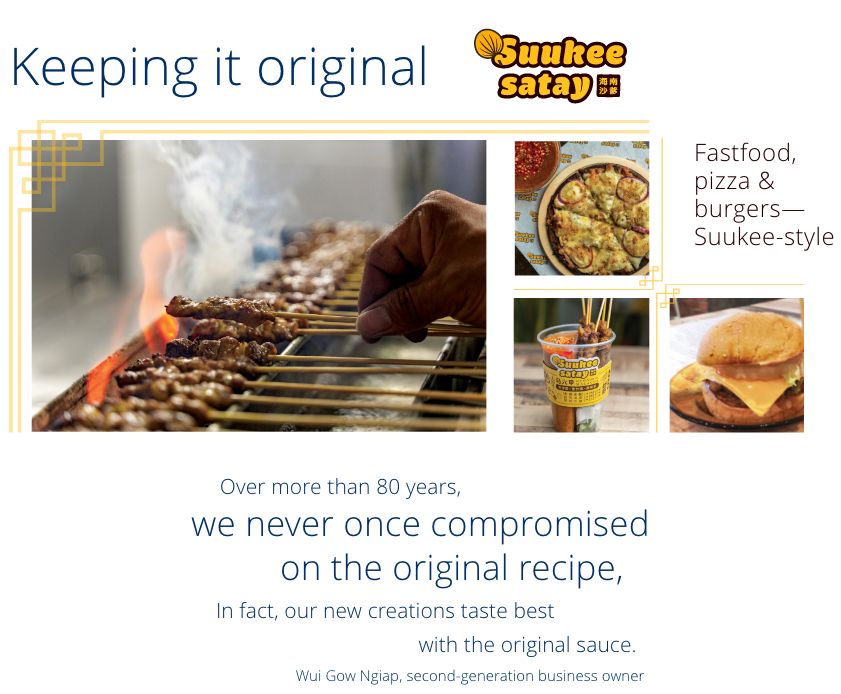
For over three generations, the family business principle is clear—keep it original.
There’s an age-old reason for that.
Suukee’s Hainanese Satay recipe witnessed the toils and tenacity of three generations—from the many experiments in the kitchen to get the kuah or dipping sauce just right, to the setting up of business in unfamiliar foreign land, to the daily grind of preparing and peddling on the streets, to decades of sweating over the charcoal grill. This one recipe fed three generations. This is why the descendants of the original Hainanese Satay sellers revived the original recipe to the full glory it deserves with the opening of the Suukee Satay restaurant.
This is also why when market prices of buah bilimbi soared, they never did without this one ingredient. They simply resorted to growing their own fruit. Even though only a few thin slices are required, it offers that twist in the palate that makes the kuah truly Hainanese.
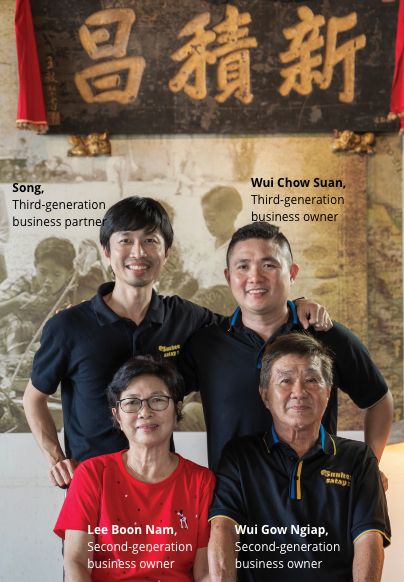
The third-generation family members learned the long way. They experimented on a Suukee’s Pizza using slightly different versions of the kuah as sauce. It was the one with the original Hainanese kuah that came out of the oven tasting best. And surprisingly, spot on with young Malaysian taste-buds. With renewed enthusiasm, the Suukee Burger is on its way.
Product innovation is a common milestone for traditional businesses to survive. One great recipe will feed generations, but taking the opportunity to expand and diversify can generate the kind of wealth needed to ensure business longevity. It’s the same reason how Lee Kum Kee early on very cautiously expanded their product line from its single bottled oyster sauce to a product line of the same original recipe in a variety of packaging based on consumer usage. It was this prudence to originality that ensured the brand’s survival through five generations over 130 years. Only from the fourth generation did they venture into other sauces.
Suukee Satay’s original recipe, with its new line of gourmet fastfood, has a lot more yet to contribute to the prosperity of the business.
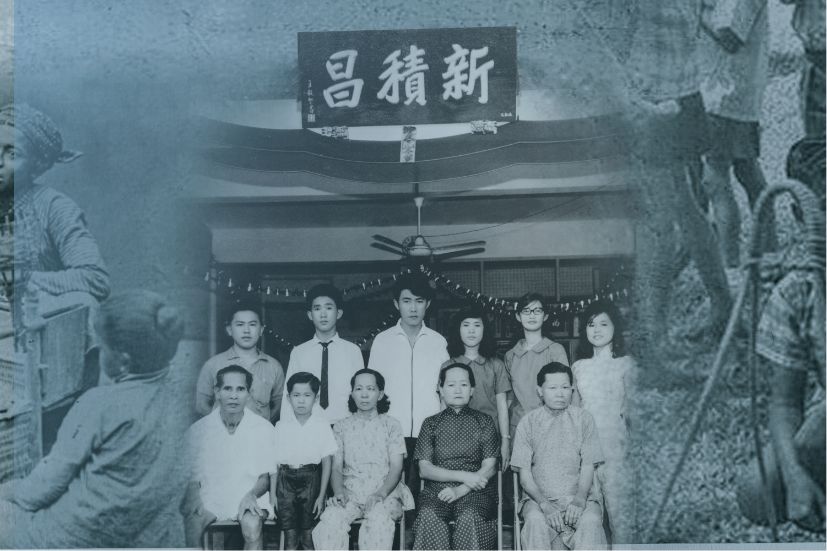
Unlike other organisations, the family business model takes the long view. Often, they are committed to a set of values that look beyond immediate profits and gains. Ultimately, its instinct is to ensure the continuity of the business in the family name, which in turn ensures the prosperity of future generations. This survival instinct is incorruptible. It’s like they say, ‘When it’s family, nothing gets in the way.’
In 2018, EY studied how one new challenge might get in their way—disruption.
Not surprisingly, most family businesses do not see disruption as a barrier. To them, it’s just a different name for change. Having been around decades longer than the biggest companies in the US, they once again adapt. Once again in a new era, they transform to remain profitable. Once again, they innovate to stay on top of the game. Time and again over the decades, they have invested in ‘the future’ and capitalised on it. This so-called disruption is simply the next one.
Over time, what has proven to be essential is a banking partner that works together to ease the transition. For a bank that understands that your ventures are both business and family,get in touch with your RHB Relationship Manager.

Sources : 1 EY, Is adaptation or disruption the secret to longevity?, 20 April 2018. 2 Mister Yeow Creative, Interview Audio Recordings—M Summit Family, 21 October 2019. 3 Mister Yeow Creative, Interview Audio Recordings—Lord’s Family, 18 October 2019. 4 Mister Yeow Creative, Interview Audio Recordings—Sunnik Family, 19 October 2019. 5 Mister Yeow Creative, Interview Audio Recordings—WEP Denis, 30 October 2019. 6 Mister Yeow Creative, Interview Audio Recordings—Suukee Family, 15 October 2019.